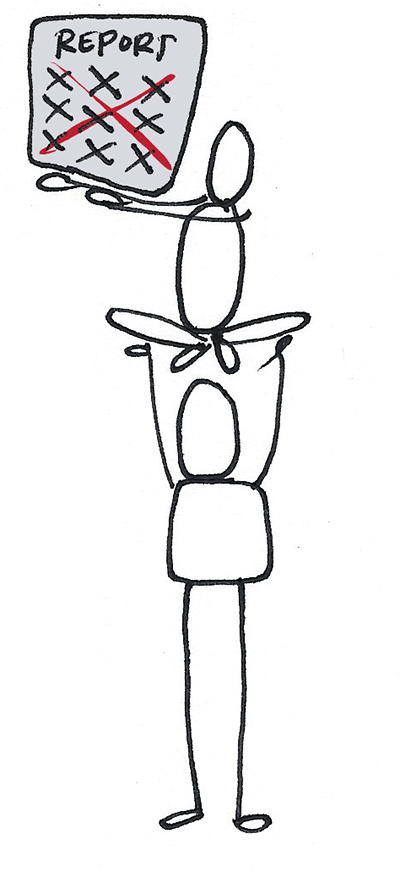
The COVID 19 Project tests the hypotheses that citizens, provided with information and tools can be trusted to address the complex problems in their community and nationally.
Get Involved
TAKE PART IN OUR EFFORT
Citizens and civil society organizations interested in supporting and joining the COVID 19 Project are welcome.
Join us for our online event at the occasion of the beginning of the Citizen Commission (Details to come)

Wikipedia
Wikipedia (/ˌwɪkɪˈpiːdiə/ (listen) wik-ih-PEE-dee-ə or /ˌwɪki-/ (listen) wik-ee-) is a multilingual open-collaborative online encyclopedia created and maintained by a community of volunteer editors using a wiki-based editing system. It is one of the 15 most popular websites as ranked by Alexa, as of January 2021[3] and The Economist newspaper placed it as the "13th-most-visited place on the web".[4] Featuring no advertisements, it is hosted by the Wikimedia Foundation, an American non-profit organization funded primarily through donations.
Wikipedia was launched on January 15, 2001, by Jimmy Wales and Larry Sanger. Sanger coined its name[5][6] as a portmanteau of "wiki" and "encyclopedia". It was initially an English-language encyclopedia, but versions in other languages were quickly developed. With 6.2 million articles, the English Wikipedia is the largest of the more than 300 Wikipedia encyclopedias. Overall, Wikipedia comprises more than 55 million articles,[7] attracting 1.7 billion unique visitors per month.[8][9]
Wikipedia has been criticized for its uneven accuracy and for exhibiting systemic bias, including gender bias, with the majority of editors being male.[4] Edit-a-thons have been held to encourage female editors and increase the coverage of women's topics.[10] In 2006, Time magazine stated that the open-door policy of allowing anyone to edit had made Wikipedia the biggest and possibly the best encyclopedia in the world, and was a testament to the vision of Jimmy Wales.[11] The project's reputation improved further in the 2010s as it increased efforts to improve its quality and reliability, based on its unique structure, curation and absence of commercial bias.[4] In 2018, Facebook and YouTube announced that they would help users detect fake news by suggesting links to related Wikipedia articles.[12]
The Role of the Media in Addressing Social and Political Challenges
In the political ecosystem, the media plays a central role in providing a framework and process for citizens to be part of the solution. We offer a comprehensive journalistic approach to address the complex challenges associated with the pain opioid epidemic. Go to media as a stakeholder
Examining Fox News 's coverage of the COVID 19 Pandemic
Visualizing the Wikipedia as a Contributor to Public Opinion
I invite you to visualize how Wikipedia across its various platforms and the ecosystem that it is part of can play a major role to address the complexity of the COVID 19 Pandemic , a major social, health, political, political, economic, social justice and criminal justice challenge facing our nation.
A Proposal
When complete this section will include the latest articles, social media, lectures and related information relevant to the COVID-19 pandemic.
Wikipedia as a central stakeholder to a meaningful “solution” for the COVID-19 Pandemic.
On Wikipedia, a fight is raging over coronavirus disinformation
A team of medicine enthusiasts has been scrambling to keep disinformation from spreading on the free encyclopaedia
Wikipedia is twenty. It’s time to start covering it better.
Content Improvement Campaigns on Wikipedia, Part 2
